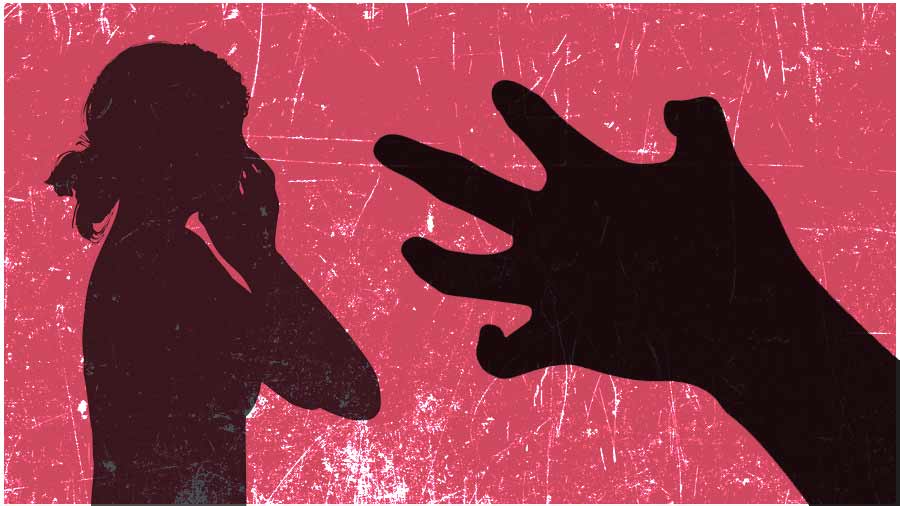The quest for gender parity originated in the early 20th Century as a labour movement in North America, USSR and Europe. The first feminist wave swept the world, with women demanding the equal right to vote and property rights. In the second wave which started in the 1960s, the focus changed to reproductive rights, domestic violence, and marital rape. This was a response to the obnoxious common law doctrine that a married woman is nothing but a chattel who loses her sexual agency once she enters matrimony. Such a regressive discourse was challenged in the 1960s when Lucy Stone singled out women’s right to control marital intercourse as the core component of equality.
In India, the archaic law in IPC (1860) S375 makes an exception (2) to marital non-consensual intercourse as not being rape above the age of 18. India has been an outlier on this score, as most developed countries recognise non-consensual intercourse with a wife as rape. In India, the legal protection against such forcible sex is provided by the Domestic Violence Act 2005, which offers only civil remedy but no criminal culpability. Noting the serious legal gap, the Varma Commission in 2013 suggested that exceptions to the marital rape clause in IPC should be scrapped. While the Committee’s recommendation on rape, acid attack, and sexual harassment at workplace was acted upon, the government did not bite this bullet on marital rape. Justice Leila Seth, who was a member of the Varma Committee, writes in her book ‘Talking of Justice’: “Mostly men make law and men said it would spoil men.
It enables a wife raped by a drunken husband not to reach out to police.” Her caustic observations have been corroborated by the latest NFHS V report which notes that 70% of women whose husbands got drunk experienced sexual violence as against 23% who were not drunk. Further 90% did not seek help from anyone. Most of the victims suffer from PTSD (post-traumatic stress disorder), fear, and severe loss of self-esteem. The Delhi High Court in May 2022 gave a split verdict where Justice Shakdher favoured striking down the exception, while the other judge refused to hold it unconstitutional. The matter is now resting with the Supreme Court, where the judges surprisingly do not find any merit for an urgent hearing, while the government is buying time to formulate its stand. Incidentally, the NFHS V brings out that Assam tops the list in terms of physical violence against women (70.7%), and Kerala and Odisha are outliers with 17.6% and 12.8% respectively. Quite clearly, exception 2 to S375 of IPC violates the right to equality, and right to privacy which is now considered by the Supreme Court as a right to life (Puttaswamy Case: 2018) and a practice derogatory to the dignity of women must be scrapped like several other provisions in IPC like criminalising homosexuality, as relics of an obscurantist, patriarchal and regressive past.
The motto of this year’s women’s day is “DigitALL,” by ensuring that there is gender equity in innovation and technology. As per available data, only 22% of women are in the field of Artificial Intelligence and 44% of men demonstrate gender bias in a workspace. Industry 4.0, which is the buzzword globally, needs proficiency in AI, machine language, robotics & IOT (Internet of Things). Since female labour force participation is low, the major challenge would be how to expose women to the skill sets required to avail of better employment opportunities in AI-based industries. Women are also most vulnerable to economic crises like demonetisation and the recent pandemic as they work mostly in the informal sector. A report from the Niti Aayog brought out how there is a distinct gap in the skill sets required by women workers and the skill that is provided through the Skill India initiative.
The gender bias in skilling is distressing. As India is going to celebrate International Women’s Day, 8 March, it’s high time that it pays greater attention to gender justice. A structural change in the legal framework to criminalise marital rape should not be postponed.
The writer is Professor Emeritus at KIIT University. Views are personal.

